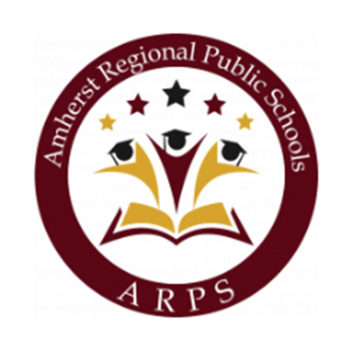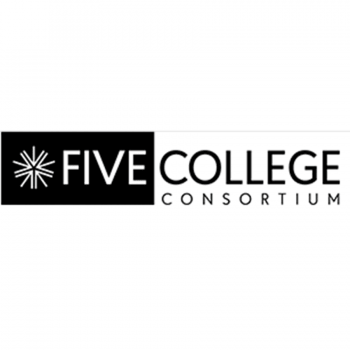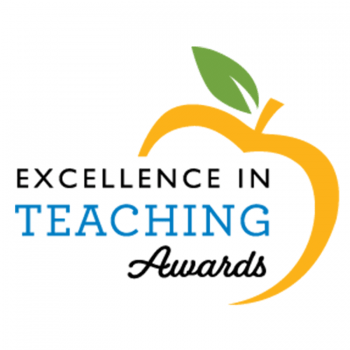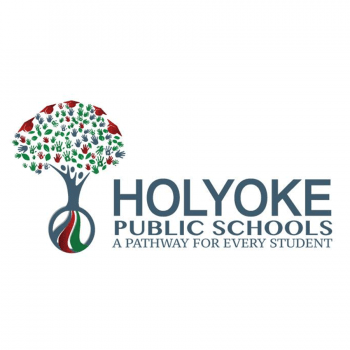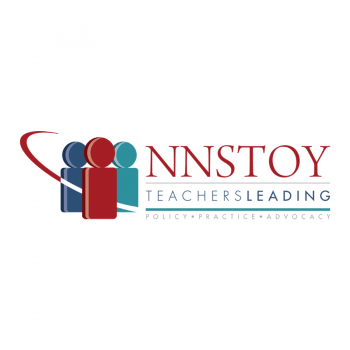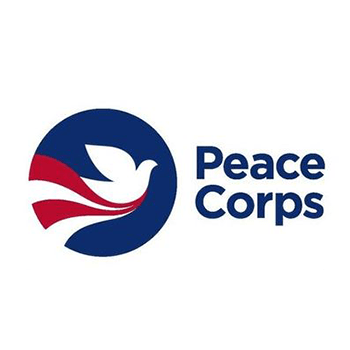Scholarship Applications are available online.
Scholarship applications are considered on a rolling, funding-available basis. You must be enrolled in a graduate program in order to receive a scholarship.
Critical Impact Scholarship
Qualification criteria
This award is open to students who demonstrate a dedication to working in areas of high need and/or in underserved areas or communities. Current areas of high need include: English as a Second Language, Special Education, and STEM. The purpose of this scholarship is to prepare educators to contribute in the areas of highest need. Preferred candidates will demonstrate evidence of academic and professional potential, and personal commitment to excellence and leadership in education. This award is open to degree candidates.
Award
Scholarship amounts usually range from $3,000—$5,000. Several scholarships are awarded each year depending on funds available.
Scholarship application
To be considered for a scholarship, applicants must submit a 500-1000 word personal statement on their qualifications for this scholarship and their professional goals as they relate to the area of high needs they would like to work in.
Apply
Emerging Leader Scholarship
Qualification Criteria
This award is open to students who show potential and interest in assuming a leadership role in their field. This award is open to degree candidates in the MAT Teacher Leadership and MAT Mathematics programs who show potential and interest in assuming a leadership role in their field.
Award
Scholarships are awarded up to $5,000. Several scholarships are awarded each year depending on funds available.
Scholarship Application
To be considered for a scholarship, applicants must submit a 500-1000 word personal statement on their qualifications for this scholarship and their professional goals as they relate to being leaders in their field.
Apply
Emerging Teacher Scholarship
Qualification Criteria
This award is open to applicants who wish to pursue a career in education and educators working in schools in Massachusetts and the surrounding states who enroll in the Master of Arts in Teaching program.
Award
Scholarship amounts awarded are up to 30% of your total tuition. Several scholarships are awarded each year depending on funds available. This scholarship cannot be combined with other scholarships.
Scholarship Application
To be considered for a scholarship, applicants must submit a 500 word personal statement on their qualifications for this scholarship and their dedication to educational excellence.
Apply
Global Educator Scholarship
Qualification Criteria
This award is open to students who have demonstrated actions focused on “thinking globally and acting locally” and a commitment to integrating global themes into their work. The themes addressed could include: global languages and culture; intercultural competence, environmental sustainability, or human dignity and rights. Preferred candidates will demonstrate (1) evidence of global experience through academics, extracurricular participation, community involvement, or work experience, and, (2) professional potential and personal commitment to social justice, equity, and/or leadership in education. This award is open to MAT Teacher Leadership and MAT Mathematics degree candidates.
Award
Scholarship amounts usually range from $3,000—$5,000, with a maximum of $10,000. Several scholarships are awarded each year depending on funds available.
Scholarship Application
To be considered for a scholarship, applicants must submit a 500-1000 word personal statement about their qualifications for this scholarship, describing what it means to be a global citizen and how they would anticipate incorporating global perspectives in their academic and professional endeavors.
Apply
Mount Holyoke Alum Scholarship
Qualification Criteria
This award is open to students who received their bachelor’s degree from Mount Holyoke College who are committed to serving students in order to build a stronger education system. This award is open to degree candidates.
Award
Scholarship amounts usually range from $1,000—$3,000. Several scholarships are awarded each year depending on funds available.
Scholarship Application
To be considered for a scholarship, applicants must submit a 500-1000 word personal statement on their qualifications for this scholarship and their professional goals as they relate to being educational leaders.
Apply
Sonia Nieto Diverse Educator Scholarship
Qualification Criteria
This award is open to students who demonstrate a dedication to education, student learning, and aspire to affect change in their school, district, or beyond. The purpose of this scholarship is to create a pathway for preparing teachers who represent the diverse range of children we serve in schools. Preferred candidates will be from underrepresented groups, demonstrate evidence of academic and professional potential, and have a personal commitment to social justice, equity, and/or leadership in education. This award is open to degree candidates.
Award
Scholarship amounts usually range from $3,000—$5,000, with a maximum of $10,000. Several scholarships are awarded each year depending on funds available.
Scholarship Application
To be considered for a scholarship, applicants must submit a 500-1000 word personal statement on their qualifications for this scholarship and explore how your work will either (1) address the issue that “A community that is diverse, but not equitable and inclusive, cannot achieve its full potential”, or (2) reflect on how you believe diversity drives innovation and fosters creativity, and how you would anticipate incorporating and supporting diversity, equity and inclusion into your professional practices.
Apply
Community Scholars Scholarship
Qualification Criteria
This award is open to non-degree seeking candidates taking a course or institute for credit. Recipients must successfully complete their course(s) with a grade no lower than a B (3.0). Failure to do so will result in a rescinded award.
Award
Scholarships are granted by term. The scholarships usually range from $200-$500 per credit. Several scholarships are awarded each term depending on funds available. Recipients of a community scholarship from a prior term are welcome to reapply for another scholarship in a future term (e.g., if you received a scholarship for summer classes, you may also apply for a scholarship to take fall classes).
Scholarship Application
To apply you must fill out an application and submit an essay addressing the question:
How will the course(s) you plan to take this term empower you in your work, or help you achieve your professional goals? How do you plan to use the knowledge you gain from to pay it forward?
Apply

